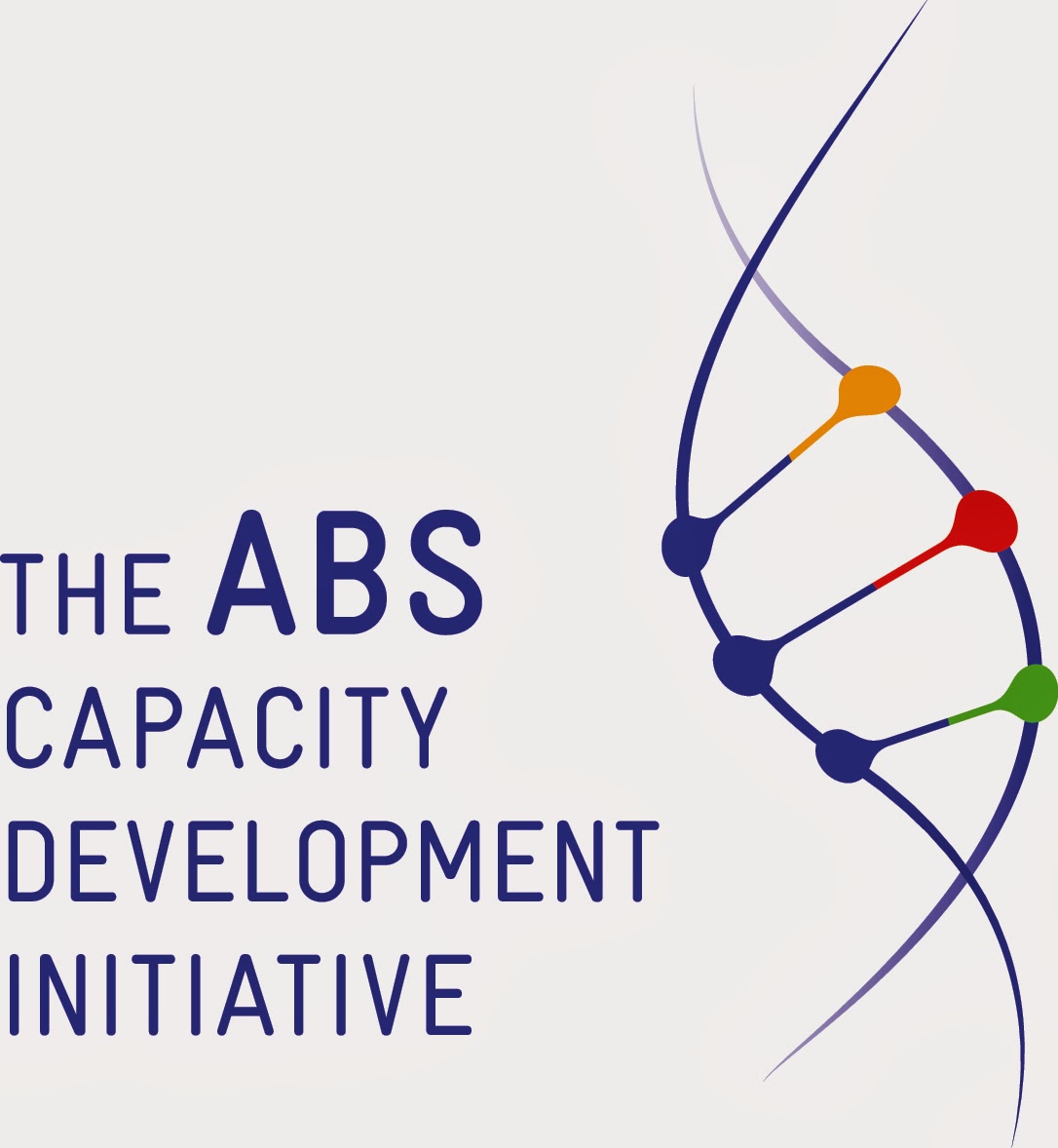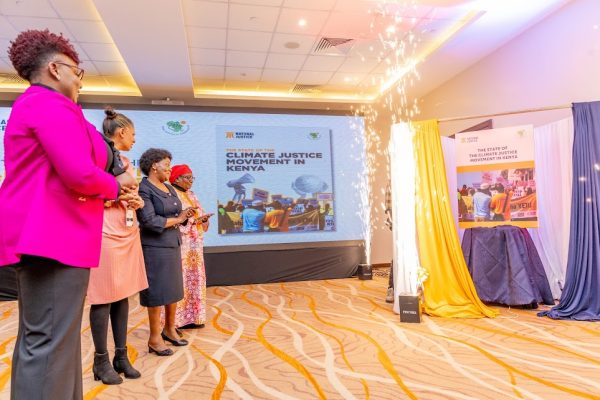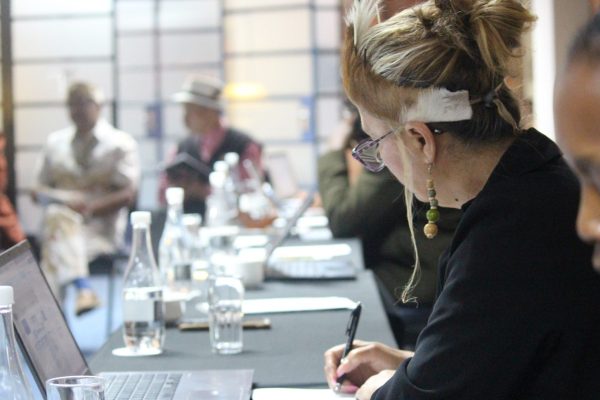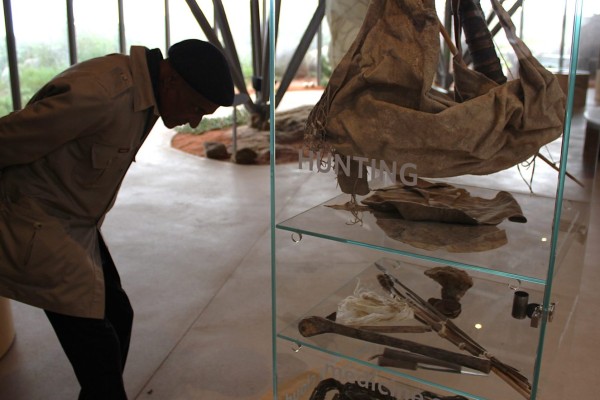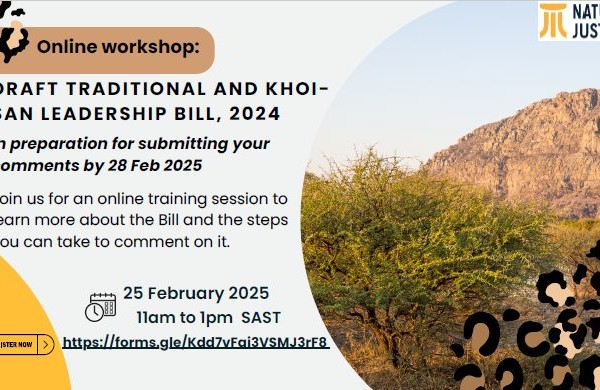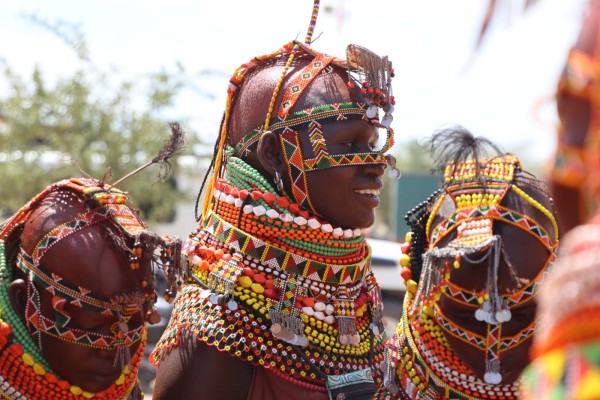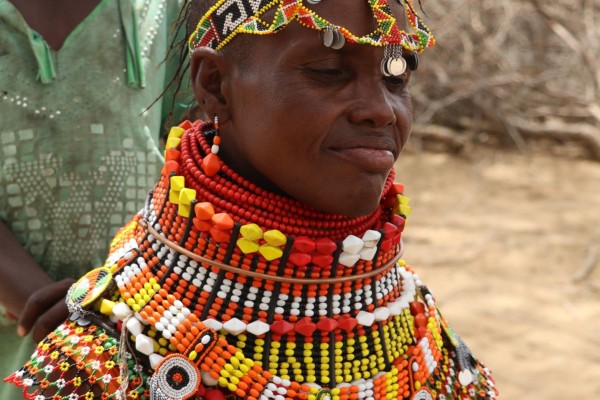On February 12-14 PhytoTrade Africa and The ABS Capacity Development Initiative for Africa, aided by Natural Justice, invited stakeholders of Southern African countries to discuss and identify good ABS policies and best practice on the basis of a number of regional value chain assessments.
One challenge in implementing the Nagoya Protocol has been to design strong and effective regulations while ensuring a business friendly regulatory environment that can attract investment in the sector and ensure its viability. Insights from already existing value chains and operating businesses across the region are highly useful in aiding governments in their efforts to design such national legislations, while ensuring that they simultaneously compliment and contribute to national development plans and objectives.
Bringing together more than thirty governmental and non-governmental experts from across Southern Africa, along with representatives from industry, the two-day workshop assessed value chains on baobab, devil’s claw, kigelia and marula in Malawi, South Africa and Namibia.
Participants were tasked to assess the strengths and weaknesses of the individual value chains presented by consultants, and to collect examples of challenges and good practices from each. Four small working groups later proceeded to develop a set of recommendations on the basis of the assessments, focusing on:
- PIC and MAT requirements for bioprospecting,
- Permitting requirements for bio-trade,
- Regulatory approaches for traditional knowledge, and
- Aspects of an enabling environment beyond good regulation.
In all of these discussions two issues were repeatedly underscored: namely the need for regional harmonization and the need for comprehensive national biodiversity strategies in order to capture real benefits for meeting countries’ development goals. These visions would assist by mapping resources, market opportunities and the potential roles of national stakeholders, and by ministries assuming a matchmaking function that brings together national and foreign researchers and developers for local value creation. Regional harmonization, on the other hand, would enable and facilitate regional value chain operation and the regulation of transboundary resources.

